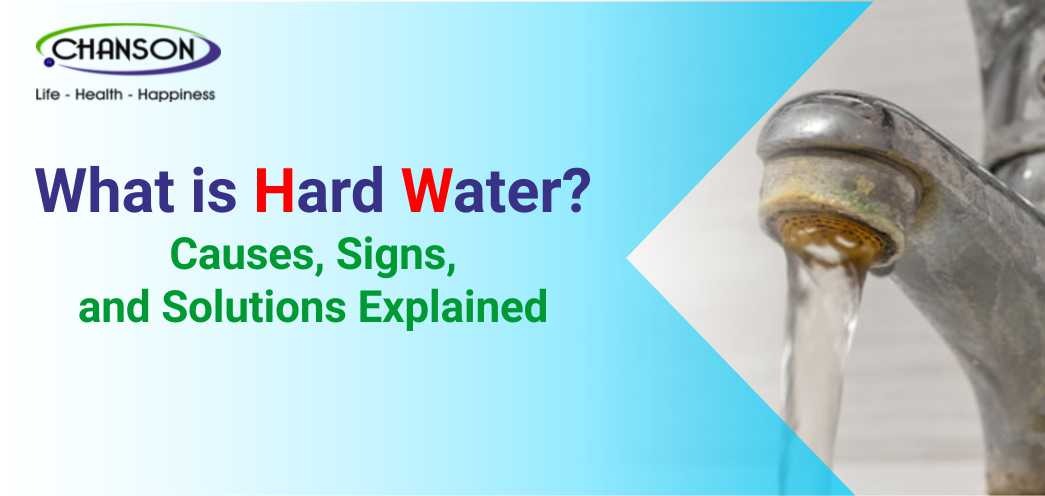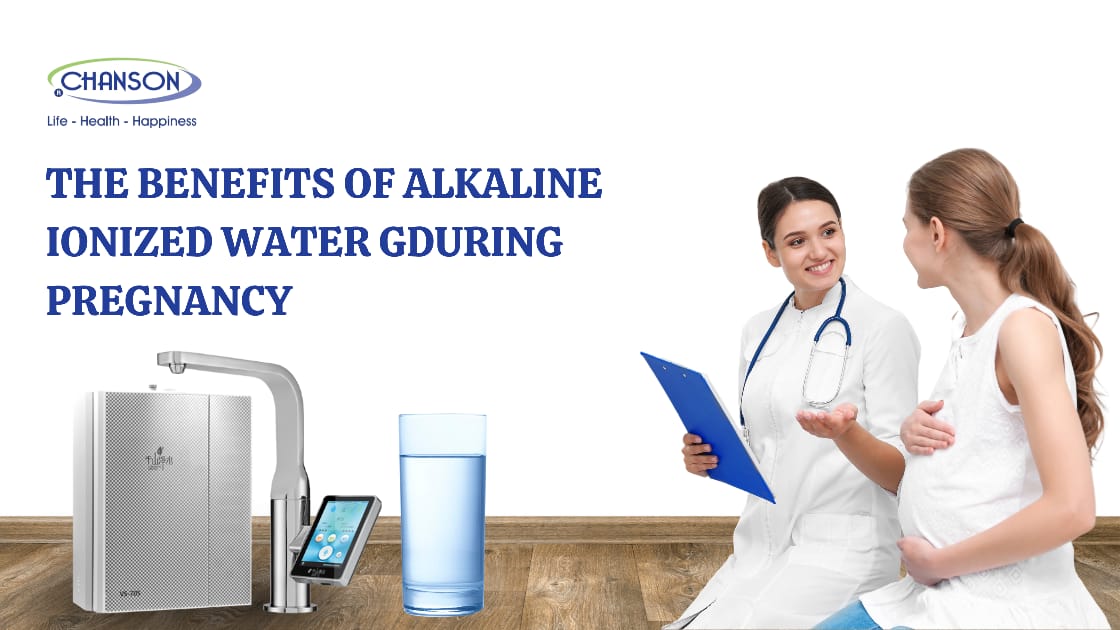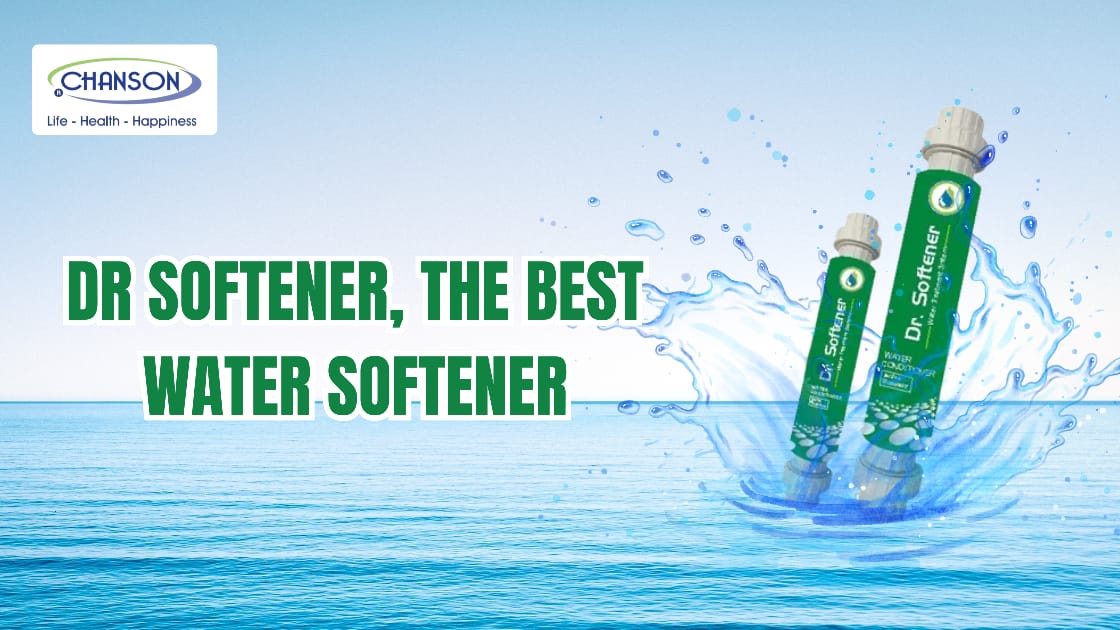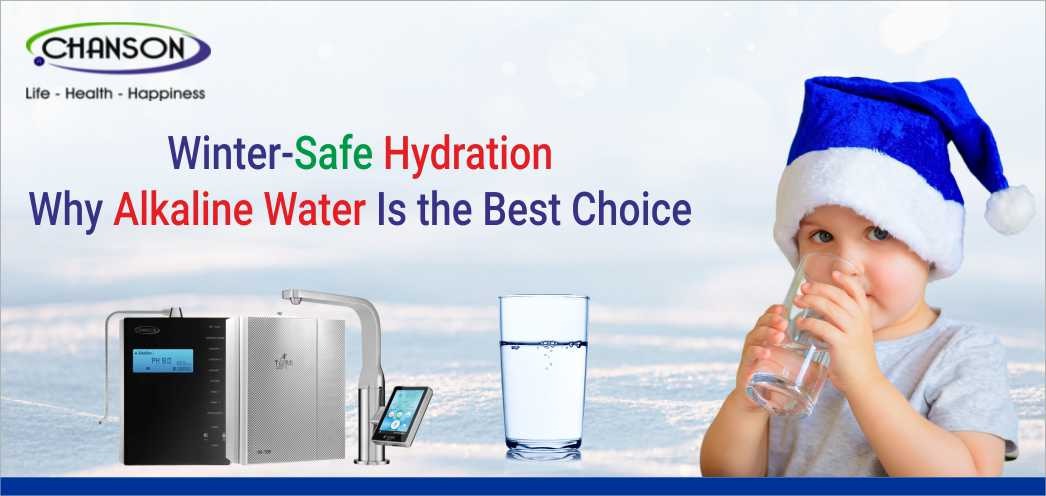What is Hard Water? Understanding Its Impact and Solutions
Discover what is hard water, how it affects your home and health, and explore solutions to prevent damage and improve water quality in your household.
What is Hard Water?
You’ve likely heard the term “hard water”
thrown around, but what exactly does it mean, and why should you care? Hard
water is a common issue that affects many households, yet it often goes
unnoticed until its impact becomes more evident. In simple terms, hard water is
water that contains high levels of natural minerals, primarily calcium and
magnesium. While it may not be harmful to your health, hard water can create
significant challenges in your daily life, from damaging appliances to causing
skin irritations. In this article, we’ll break down what is hard water, how to spot it, and, most
importantly, how to deal with it.
What Causes Hard Water?
Hard water gets its name from the high
concentration of minerals, particularly calcium and magnesium, that are
naturally found in certain water sources. As rainwater flows through the
ground, it picks up these minerals from rocks and soil. The more minerals it
picks up, the harder the water becomes.
The difference between hard and soft
water is simple: soft water has a low concentration of minerals, while hard
water has a high concentration. Soft water is generally better for household
tasks like cleaning and washing because it lathers soap more easily and doesn’t
leave mineral deposits behind. On the other hand, hard water can cause a
variety of inconveniences.
What Are the Signs of Hard Water?
Recognizing hard water in your home is
not always straightforward, but there are a few telltale signs to look out for:
●
Scale buildup: This is perhaps the most
obvious sign. You may notice white, chalky deposits on faucets, showerheads,
and in your sinks. This is limescale, a mineral buildup that happens when hard
water evaporates.
●
Cloudy dishes or glassware: If your dishwasher
or hand-washing dishes are often left with streaks, spots, or a cloudy residue,
hard water could be the culprit.
●
Soap scum: Hard water doesn’t mix well with
soap, leaving behind scummy residue on your tubs, showers, and sinks.
●
Skin and hair issues: If your skin feels dry
or itchy after showering, or your hair seems dull and lifeless, hard water
might be to blame.
●
Appliance malfunctions: Hard water can lead to
mineral buildup inside appliances like water heaters, dishwashers, and washing
machines, reducing their efficiency and lifespan.
What Is the Impact of Hard Water on Your
Home?
While hard water may seem like a minor
inconvenience, it can have significant long-term effects on your home and your
wallet:
●
Plumbing problems: Over time, the mineral
buildup in hard water can clog pipes and faucets, restricting water flow and
potentially causing costly plumbing repairs.
●
Damage to appliances: Water heaters,
dishwashers, and washing machines all suffer from mineral deposits. These
deposits can reduce the efficiency of these appliances, leading to higher
energy bills and the need for early replacements.
●
Higher maintenance costs: Whether it’s
replacing appliances or cleaning mineral deposits, the costs associated with
hard water can add up quickly.
What Are the Health Effects of Hard
Water?
When it comes to drinking and bathing,
hard water is generally considered safe. In fact, it can even contribute small
amounts of beneficial minerals to your diet. However, hard water can have some
negative effects on your skin and hair. The mineral content can make skin dry
and more prone to irritation, and it can leave hair feeling dull and brittle.
There are also myths surrounding the
health effects of hard water, such as it causing kidney stones. While drinking
hard water doesn’t directly contribute to kidney stones, the high mineral
content in water can sometimes exacerbate conditions in people who are already
predisposed to such issues.
What Are the Best Solutions for Hard
Water?
If you’re dealing with hard water in your
home, you’re probably wondering what you can do about it. Fortunately, there
are a few different solutions to consider:
●
Water softeners: The most common method for
treating hard water is a water softener, which works by replacing calcium and
magnesium with sodium or potassium ions. There are various types of water
softeners, including salt-based systems, salt-free systems, and
reverse osmosis filters. Choosing the right one depends on your household size,
water hardness level, and specific needs.
●
Reverse osmosis: This is another filtration
method that can remove minerals and impurities from water. It’s highly
effective, but usually used for drinking water rather than the entire home
supply.
●
DIY solutions: For minor issues, you can try
installing a water filter in your shower or using descaling products to remove
buildup in your appliances. However, for long-term solutions, a more
comprehensive water softening system may be necessary.
●
Professional installation: If you’re looking
for a more permanent solution, hiring a professional to install a water
softening system might be the best route. While it’s a larger investment
upfront, it can save you money in the long run by reducing appliance repairs
and maintenance costs.
What is the Cost of Hard Water
Treatment?
The cost of treating hard water depends
on the type of system you choose:
●
Water softeners: A basic water softener can
cost anywhere from $400 to $2,000, depending on the size and features.
Installation costs may be additional, ranging from $100 to $500.
●
Reverse osmosis systems: These typically range
from $150 to $600 for a whole-house system, with installation costs on top.
●
Ongoing maintenance: Water softeners require
regular salt refills (or other maintenance), and reverse osmosis systems need
filter replacements, which can add to the long-term cost.
When deciding on a solution, consider
factors such as the size of your household, the hardness of your water, and how
much you’re willing to invest upfront. While water softeners can be costly
initially, they often pay for themselves by preventing expensive repairs and
appliance replacements.
Hard water may seem like a minor
inconvenience at first, but it can have lasting effects on your plumbing,
appliances, and even your skin and hair. Understanding what hard water is, how
to recognize it, and what solutions are available can help you make informed
decisions about how to protect your home.
If you’ve noticed signs of hard water in
your household—such as scale buildup, cloudy dishes, or skin irritation—it may
be time to consider a water softener or other treatment solutions. Taking
action now can save you time, money, and frustration in the future. Don’t wait
for the damage to accumulate—evaluate your water quality today and explore the
right treatment options for your home.
Latest Blog
-
03 Jun 2025
The Benefits of Alkaline Ionized Water During Pregnancy -
03 Jun 2025
Dr Softener, the Best Water Softener -
27 Apr 2025
Alkaline water ionizer Your Insurance to Good Health and Longer Life -
19 Feb 2025
Prevent Bone Aches in Cold Weather with Alkaline Water: Essential Tips -
03 Feb 2025
Looking for Winter Wellness? Discover How Alkaline Water Strengthens Your Bones -
03 Feb 2025
The Science Behind Ionized Water and Reduced Inflammation -
22 Dec 2024
Winter-Safe Hydration: Why Alkaline Water Is the Best Choice

All Rights Reserved. © 2019-2026, Centrepoint Lifestyle Products Pvt Ltd.









